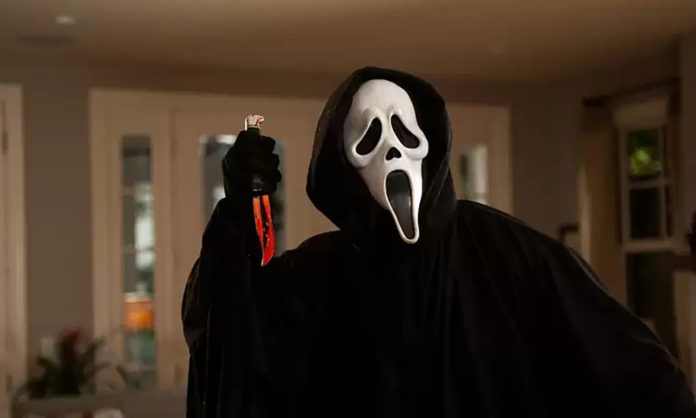In an essay for Lit Hub, Samantha Allen makes the case for the literary merits of slasher movies. Allen notes that the 1974 film Black Christmas – an early progenitor of the genre – dealt with abortion in a way that modern movies won’t. “Born into second-wave feminism and coming of age during a cascading set of Reagan-era moral panics, the genre was branded sexist and salacious—and even today, it hasn’t fully shaken that stigma,” she writes. “And yet there they are there, right at the slasher’s origin: Things To Say.”
Finding that slasher movies address gender, womanhood, power dynamics, and death in interesting ways, Allen has used them as inspiration in her own writing. “What might look from the outside like basic narrative architecture—a killer murders a bunch of people, leaving one ‘final girl’ alive—has always held the potential to tell nuanced stories, not despite its intrinsic violence but because of it,” Allen says. “The mistake contemporaneous critics made was viewing slasher movies as mere titillation, when in fact, all that blood and screaming was accomplishing something greater, confronting head-on the terror and tragedy of life interrupted.”
Allen also lauds slasher films for presenting a different kind of protagonist – heroines who don’t merely shrug off the trauma they’ve endured, but are forever altered by it. “Trauma isn’t toothless,” Allen says. “It leaves marks. Slashers just tend to put those wounds onscreen.”
Allen equates the slasher genre with reality television – both of which feature beautiful young people being picked off one by one until only a single contender remains. “That simultaneously describes the plot of Slumber Party Massacre and any given season of The Bachelor, and the appeal of watching both, I would argue, is fundamentally the same: we like stories about survival, about sex, and about the interpersonal drama between desperate people facing elimination, whether that comes in the form of a knife to the chest or a chauffeured car to the airport,” Allen writes. “That’s why when people ask me what I’ve been drawing from these days for my writing, I tell them, without a shred of irony, Jason Takes Manhattan and Love Island.”












